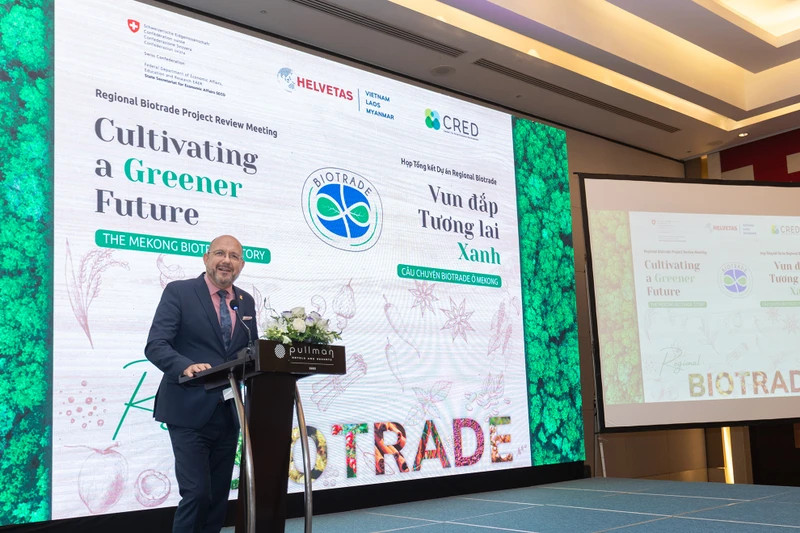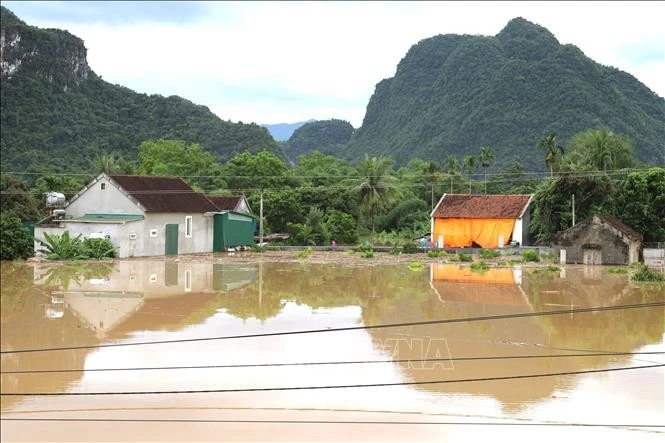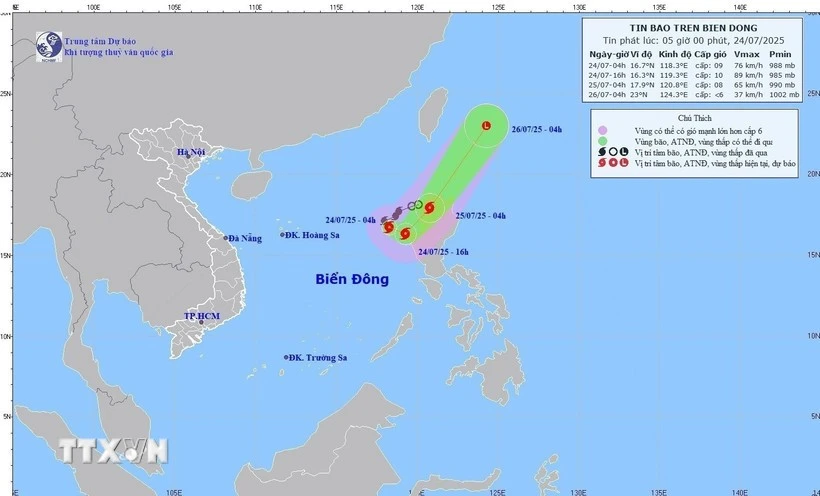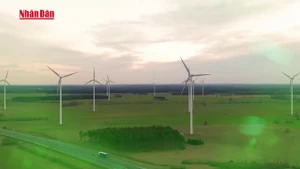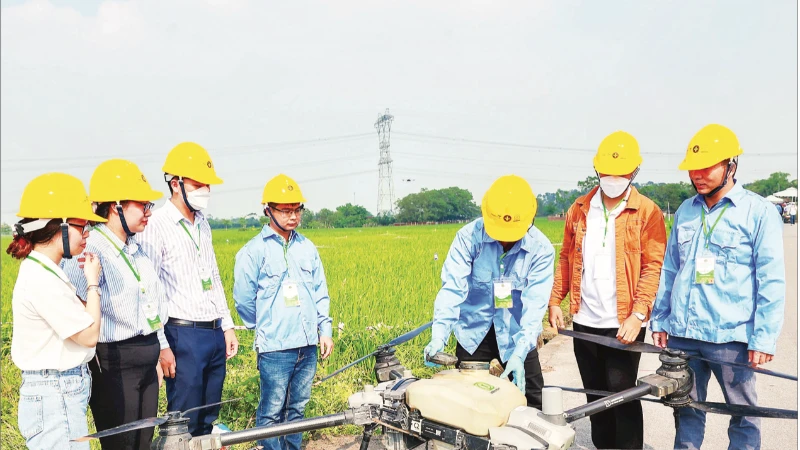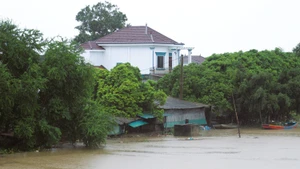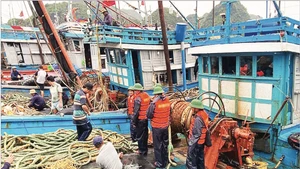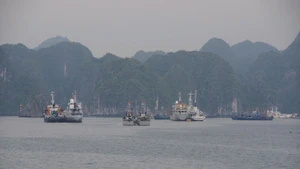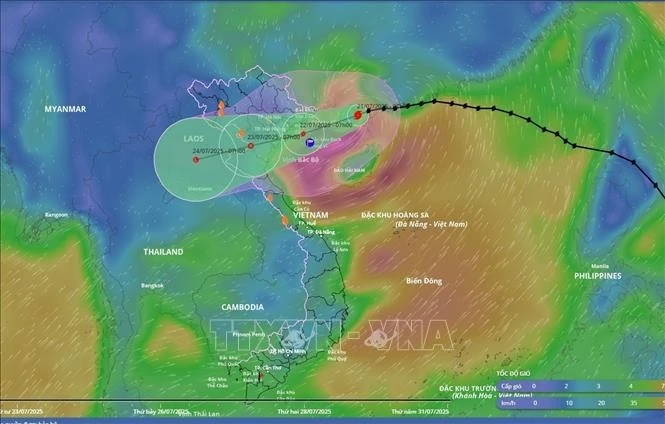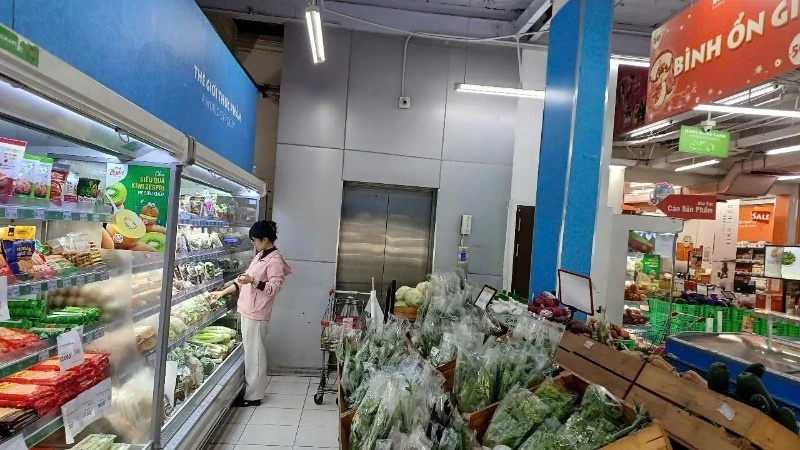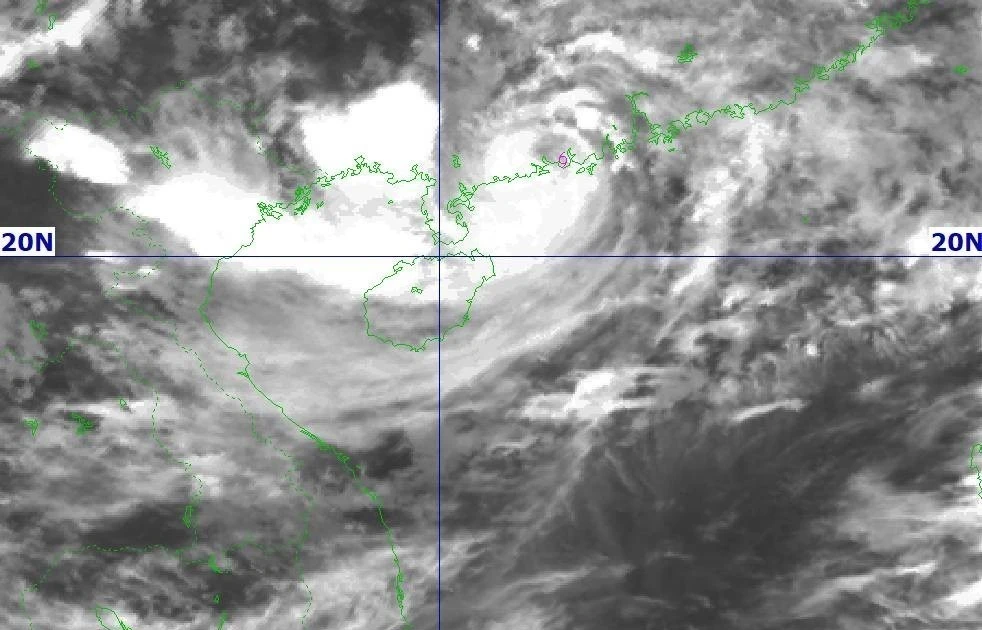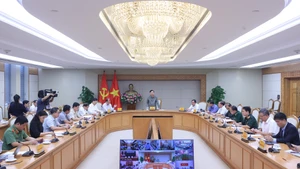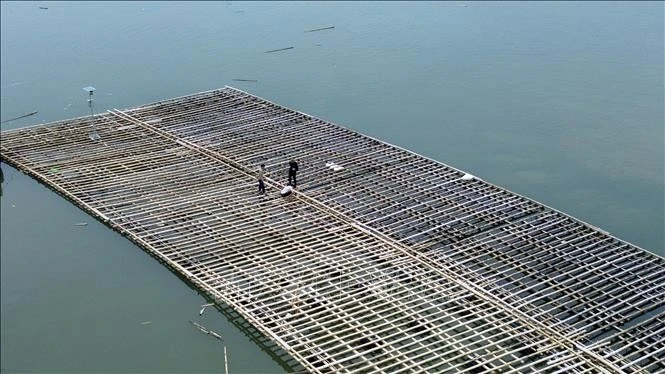To date, the project has brought a positive impact to more than 56,000 people in the region.
On August 13, Helvetas Swiss Intercooperation and the Centre for Rural Economy Development (CRED) held a Review Meeting of the Regional Biotrade Project in Southeast Asia with the theme "Cultivating a Greener Future: The Mekong Biotrade Story."
This event marks the end of an eight-year initiative funded by the Swiss Government through the Swiss State Secretariat for Economic Affairs (SECO), with a total budget of 8.5 million Swiss francs (equivalent to 9.8 million USD).
According to Thomas Gass, Swiss Ambassador to Vietnam, the Regional Biotrade Project in Southeast Asia has continued the values that the Swiss Agency for Development and Cooperation (SDC) has been providing support to improve farmers' livelihoods for the past 30 years, through three factors: biodiversity, commercial value, and sustainability.
Thereby, it has been promoting the sustainable use of biodiversity-based products to create jobs, boost economic growth, and ensure natural resources for future generations.
To date, the two-phase project (2016-2020 and 2020-2024) has supported 78 companies from Vietnam, Myanmar, Laos, and Cambodia to successfully join the global value chain, generating export revenue of over 195 million USD.
The project has improved working conditions, creating employment opportunities. It has also helped to increase the incomes of vulnerable people in remote areas, especially women from various ethnic groups.
The project has improved the lives of 56,440 people whose livelihoods depend on biodiversity resources through the development of 32 sustainable agroforestry value chains.
In addition, the project has strengthened community resilience to the impacts of climate change and made important contributions to environmental protection.
The businesses and communities participating in the project have adopted international sustainability standards, which are reflected in increased investment in biotrade products and their willingness to pay for business support services.
Jos van den Zanden, the project's Programme Manager, said that the project has played an important role in promoting responsible natural resource extraction activities in the Mekong region and is a successful model of cross-border development cooperation.
He added that although there is still much work to be done to improve the position of products from the Mekong sub-region’s biodiversity in high-end markets, the outlook for biotrade products is very bright.
